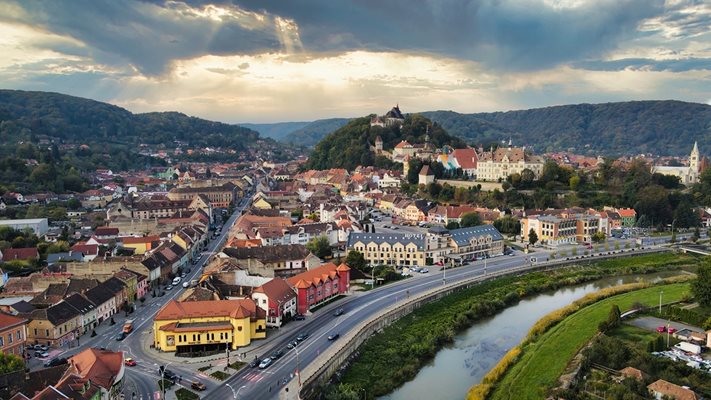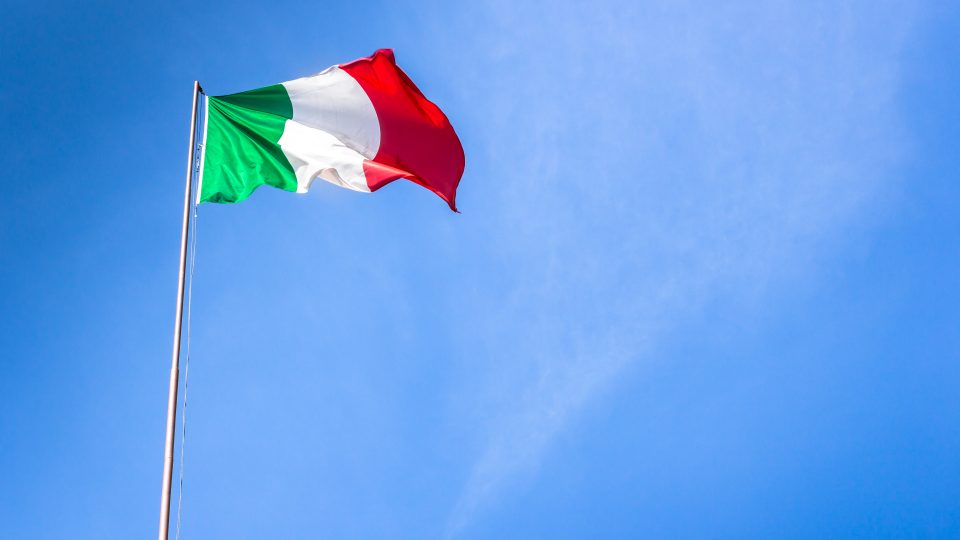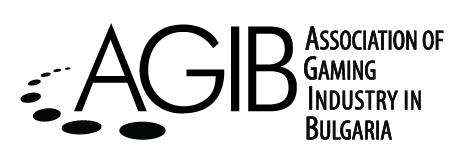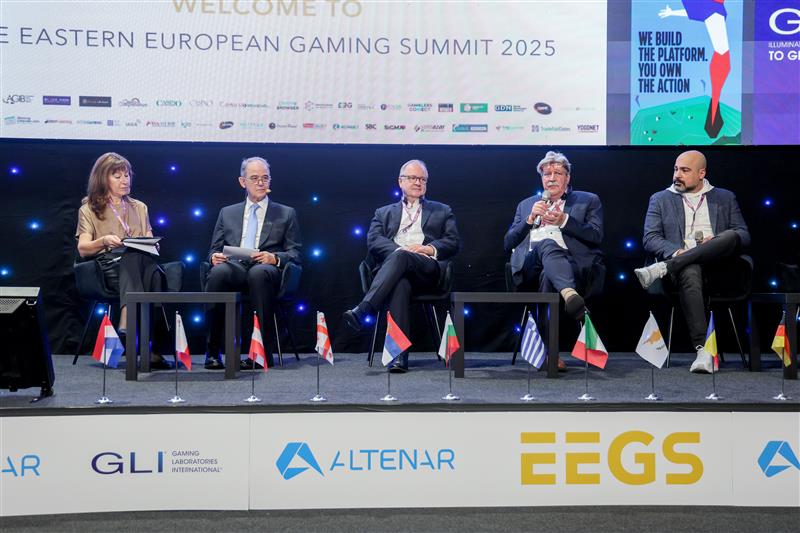Romania has launched a serious offensive against illegal gambling, and the actions taken will significantly reduce the opportunities for promoting such operators. The National Gambling Office (ONJN), which regulates the industry in Romania, has officially requested that Meta and Google stop sponsored ads for operators that do not hold a license and are on the blacklist. According to the institution, such ads still reach users through various retargeting campaigns, which is a violation, and the law provides fines ranging from 50,000 to 100,000 lei for those facilitating the spread of such ads. In cases of repeated violations, criminal liability may also be pursued.
ONJN emphasizes that the involvement of global technology platforms is key to restricting access to unlicensed sites. According to publications in iGamingExpert, iGaming Express, and AffPapa, affiliates and advertising channels that exploit weaknesses in the algorithms are the main drivers of the grey sector.
The situation in Romania is not an isolated case but part of a wider trend in Europe and worldwide. Germany has already taken concrete action by updating Google’s advertising policy. Since September 25, 2024, the platform allows ads only from operators licensed by GGL or certified intermediaries, effectively blocking all affiliates connected with illegal operators. This decision led to a noticeable reduction in ads for unlicensed platforms, according to iGBA and SBC Eurasia.
In the Netherlands, the regulator Kansspelautoriteit (KSA) began working with hosting companies such as DigitalOcean and Cloudflare to restrict access to illegal affiliate sites. When KSA submits a request, providers are obliged to terminate services to such sites within four weeks; otherwise, they risk serious sanctions.
Norway also introduced measures: since January 1, 2024, the country has applied DNS blocking of unlicensed gambling platforms. However, this practice faces criticism, as some analysts argue it may undermine the principles of free trade.
In Australia, the regulator ACMA continues its active campaign against illegal offshore sites. More than 1,500 domains have already been blocked, including popular names such as JokaRoom, Wild Pokies, and Instant Casino. ACMA also puts pressure on foreign regulators, including in Curaçao, aiming to implement stricter rules and tighter control over operators targeting Australian users.
Despite a strict regulatory regime, Sweden struggles to limit the black market. Data shows that between 69% and 82% of bets in the last quarter of 2024 were placed with unlicensed operators. These sites often use identical technologies and payment methods, including BankID, making them difficult to distinguish from licensed ones. This results in a massive grey turnover, estimated at around 150 billion Swedish kronor, or approximately 14.7 billion dollars.
In the UK, the Advertising Standards Authority (ASA) and the Gambling Commission (UKGC) have enforced strict advertising standards for years. Mandatory warnings, the ban on targeting vulnerable groups such as children, and strict control over affiliate campaign content are part of the regulatory framework. Despite this, the market still faces issues – companies such as Ladbrokes have already been criticized for campaigns disguised as news articles that presented gambling as a solution to financial difficulties, according to The Guardian.
All these examples highlight that affiliates can no longer freely promote unlicensed operators. Global regulators are introducing increasingly diverse measures – from DNS blocks and partnerships with hosting providers, to restrictions on advertising channels, and direct involvement of global tech giants.
Source: 24 chasa




